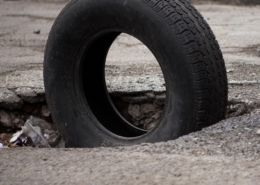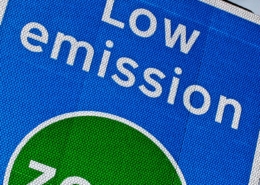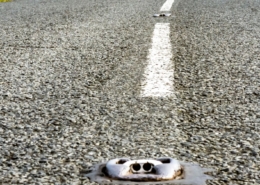One of the criticisms of Nicola Sturgeon in recent months has been her apparent aloofness, a hoarding of power which saw her come to rely on the advice of a small number of trusted lieutenants to the exclusion of everyone else. The result was that the first minister had become increasingly dogmatic on issues such as gender reform and turning the next general election into a de facto vote on Scottish independence.
If there was any doubt about Sturgeon’s grip on power and her unwillingness to brook dissent, then surely that must now have disappeared. In the almost two weeks since her surprise resignation, the candidates to replace Sturgeon as SNP leader have begun dismantling much of what came to define her last days in office.
Kate Forbes, who many considered the frontrunner until a series of damaging interviews knocked her campaign off course, spoke of her “serious concerns” over gender reform, while Ash Regan, a former minister who had already quit in protest at the legislation, said she would row back on the Scottish Government’s net zero agenda. Even Humza Yousaf, generally seen as the continuity candidate, suggested he would ditch the de facto referendum policy.
Sturgeon, a talented politician who promised so much, has left behind a country divided and a party at war with itself.
Things could have been so different. When Sturgeon became leader of her party following the resignation of Alex Salmond in 2014, she was riding the crest of a wave. Despite defeat in the independence referendum, momentum was with the SNP. The party had won its first parliamentary majority in 2011 and had “the wind in its sails,” according to its new leader. And if Yes had lost the argument in the referendum, it had nevertheless built a positive case for Scotland’s future outside of the United Kingdom, albeit without providing convincing answers on the currency and the economy.
Sturgeon’s selection as SNP leader (she was elected unopposed) marked the culmination of a political career which began when she joined the party while still at school. She stood at the 1992 general election, failing to win the seat of Glasgow Shettleston, and again at the 1997 election where she was beaten into second place in Glasgow Govan by Mohammed Sarwar, father of Anas.










